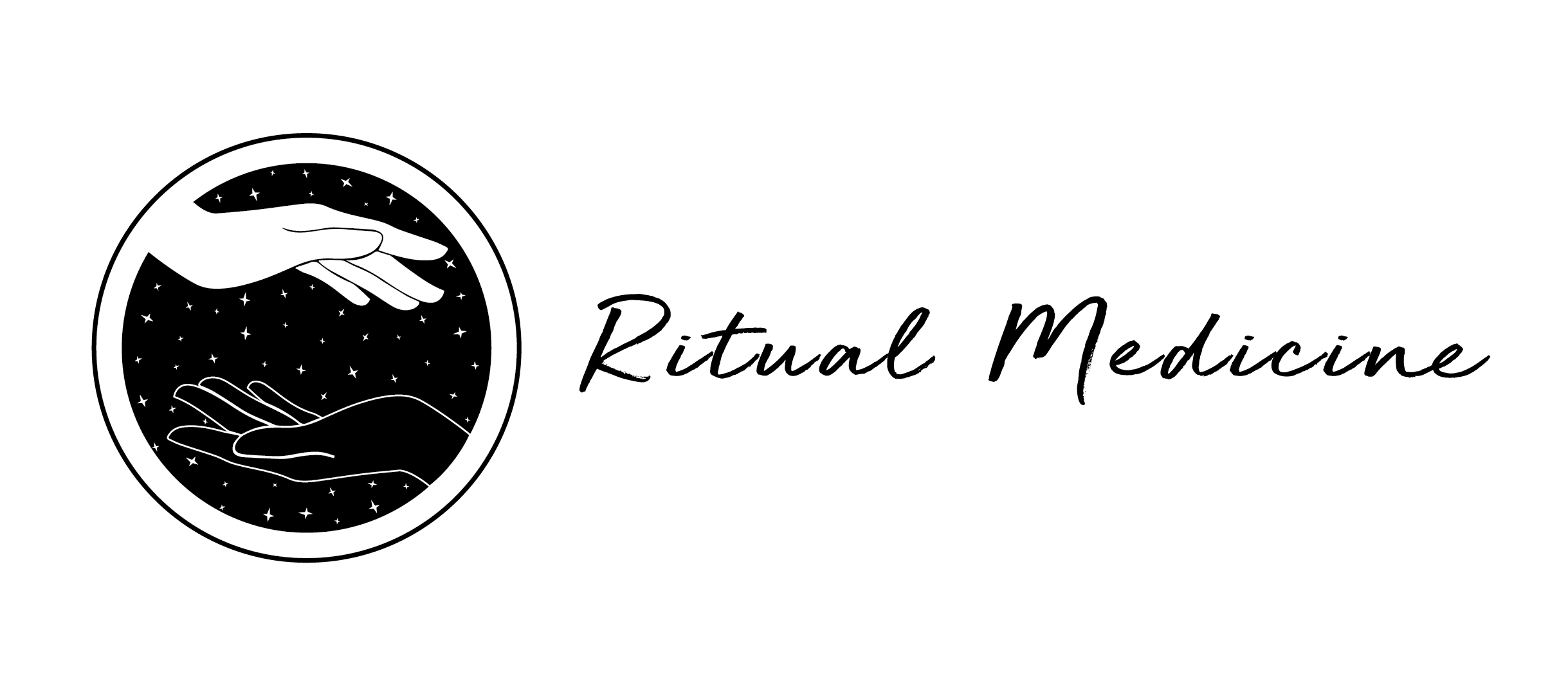The importance of a healthy menstrual cycle
We all know the importance of balanced hormones, but do we really know why? Many of my patients come into my office thinking that the only reason to address hormonal imbalances or menstrual cycle challenges is if they want to get pregnant.
While, if that is a goal of yours, it is essential to address these issues, your menstrual cycle health has so much more to do with your overall health than just your ability to conceive.
Balanced hormones and a healthy menstrual cycle has major roles in
- Cardiovascular health
- Bone and joint health
- Libido (sex drive)
- Stress management
- Adequate sleep
to name a few!
Hormone balancing basic
There are a few basic tools and steps I invite my patients to incorporate during their treatment plans to help reach their health goals.
The book titled ‘Womancode’ by Alisa Vitti, is one I encourage all my patients to read. It offers a step by step introduction to hormone balancing. It is easy to read and understand.
I will be elaborating on these steps in this blog series. Vitti breaks it down into 5 simple steps:
- Regulate blood sugar levels
- Address stress and the adrenals
- Proper elimination
- Understanding your menstrual cycle
- Living in alignment with your cycle energy
Simple, but not always easy
While the information I will be sharing with you about balancing hormones may seem simple at first, it is not always an easy adjustment if you are used to eating, acting and living a certain way.
I will be the first to admit, it is not always easy to see the correlation between these actions and our symptoms. With anything cycle related it can takes weeks, or even months, to notice any change. So, often times you will not see the direct benefit from your actions right away.
However, if you stick to these simple hormone balancing tools, with time, you will start to notice a change in your menstrual cycle, energy levels, and more!
As always, get in touch with any questions of concern you may have, or to book an initial consult either virtually or in person.
Call 1-778-400-6360 to book.


